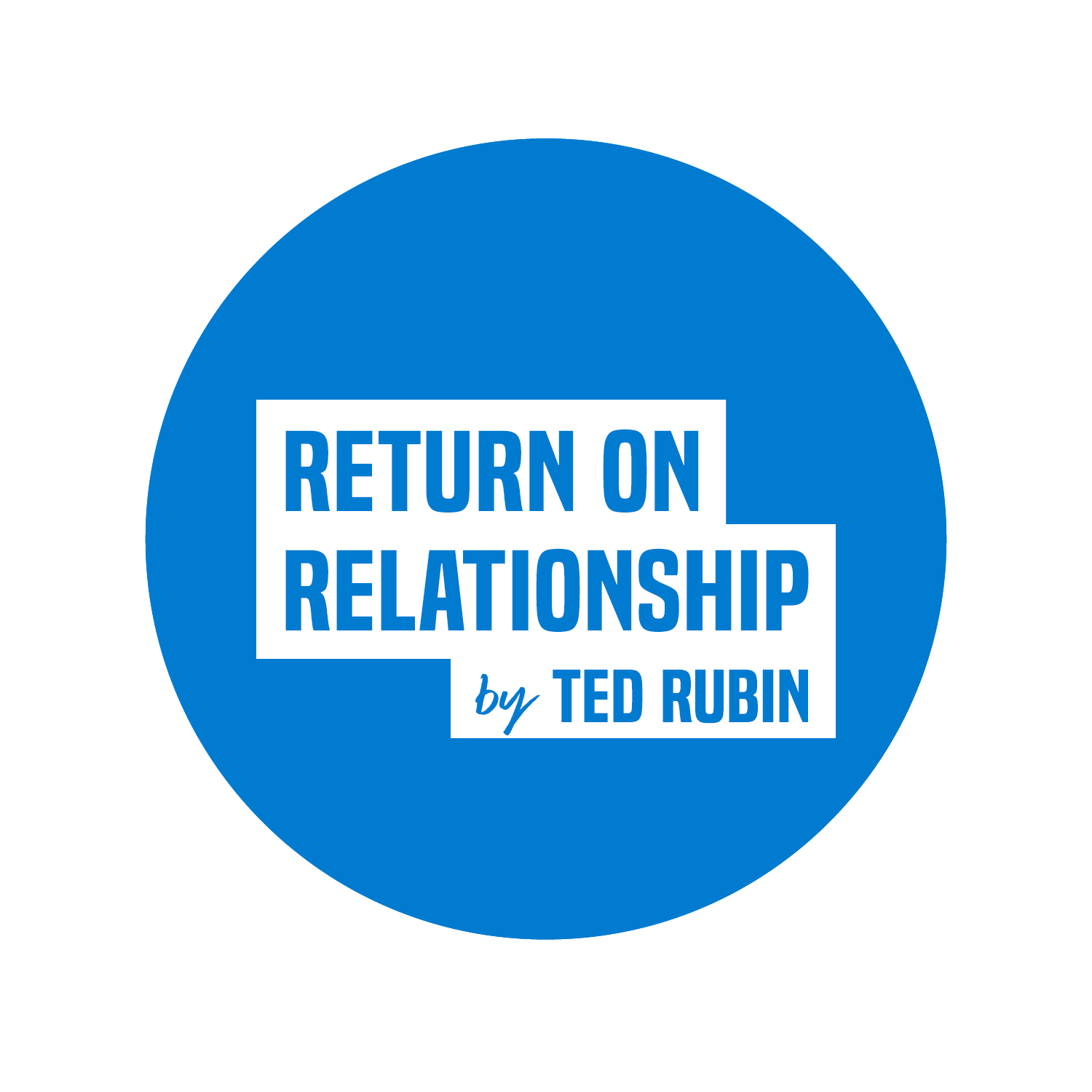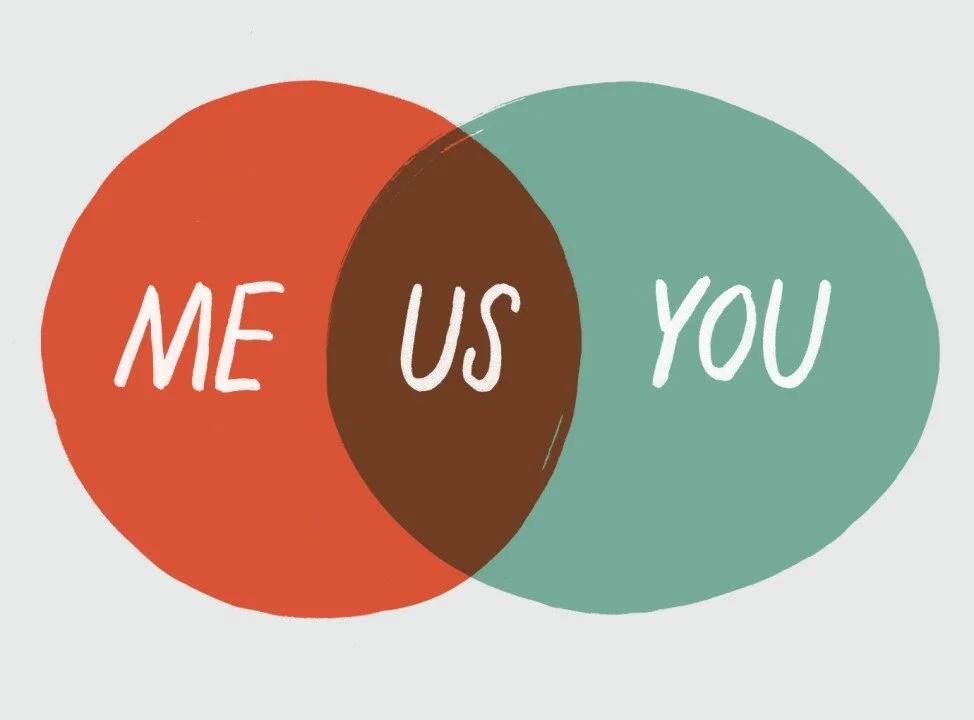Economic self defense for small towns in a time of crisis ~via @BeckyMcCray
I have known Becky McCray since 2009 when we met via Twitter, and Jeff Pulver's 140Conf. She is a tireless champion of small town business and someone I have the utmost respect for. This post is incredibly valuable and the value goes well beyond small town business... important of us all as individuals, for start-ups, and for many organizations. /Ted
Not everyone who says they’ll help your town is telling you the truth.
If you want a resilient small town economy and prosperity for the people in your town, I have some self-defense ideas for you.
Focus more on your own people, less on attraction.
Stop paying people to bring business to your town that will drain resources out. Forget about retail attraction. Skip trying to attract outside entrepreneurs. Never, ever give incentives of any kind to chain businesses. Never even read the corporate site selection RFP list.
Instead, support your own local entrepreneurs. Cut down the barriers to entry so even a one square foot business idea is valued, encouraged and possible. Create more shared spaces.
Stop fretting about what will bring people to town. Tourism comes after. Recruitment is best seen as being attractive.
Instead, focus relentlessly on being such a great place for your own people that others can’t help wanting to be part of it.
Be open to people’s own ideas and dreams. The town you want to live in is the town you could be building together.
Eschew formality, regulation and red tape. No one is attracted to the moribund.
Stop letting the same ten people dominate your leadership. When you–without even thinking about it–expect people to have plenty of resources in order to participate, you miss out on some of your best people.
Instead, reach out to everyone in town, every single one. Give people small but meaningful ways to participate.
Actively connect to diverse people from all over your town including Black, Indigenous, and People of Color. You need innovative ideas to survive, and you’ll find more innovative ideas when you bring together people who don’t all share the same backgrounds and all think the same.
Involve people with disabilities and people with less financial resources by giving even smaller but still meaningful ways to participate. Not everyone can do the same things or afford the same things. Everyone has gifts to share.
Focus more on trying ideas in small ways, less on paying others to pick ideas for you.
If you can test an idea with duct tape and cardboard, you don’t need a feasibility report.
Never pay for predictions. A professional guess is still a guess.
Instead, your own people can and will run experiments once you get out of their way.
Crowd source the answers you need by testing tons of different ideas.
Tiny failures are almost free, high quality evidence of what doesn’t work. Big failures are evidence you didn’t experiment small enough.
Focus more on local investing, less on creating profits for outside people
Create a local investment team to take these actions:
Buy up rent houses, so outside real estate investors won’t destroy their value for profit.
Loan money to local businesses in tiny amounts that big banks can never touch. Loans under $50k are economically infeasible for banks, but arguably the most important for your would be tiny businesses.
Fund community projects with a bias toward tiny individual informal experiments, and away from existing formal organizations.
Drive out payday lenders.



